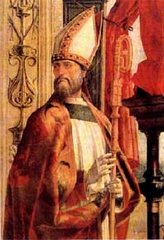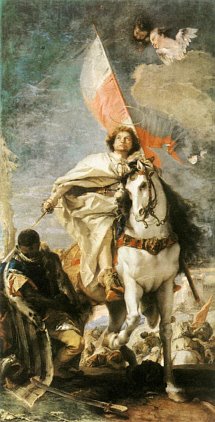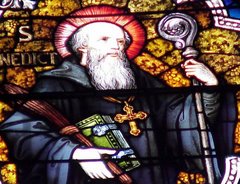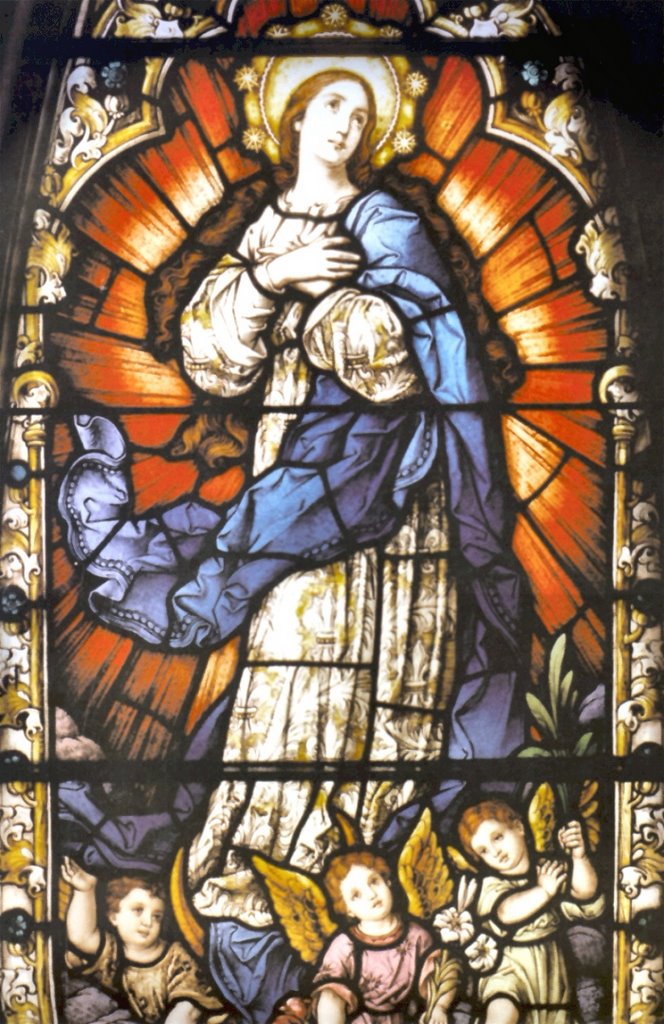St. Francis Xavier: “...God, most Faithful and True, held the misbelievers and their prayers in abomination, and so willed that their worship, which He rejected altogether, should come to naught.”[1]
“When all are baptized I order the temples of their false gods to be destroyed and all the idols to be broken in pieces. I can give you no idea of the joy I feel in seeing this done, witnessing the destruction of the idols by the people who lately adored them…When I have done all this in one place, I pass to another… In this way I go all around the country, bringing the natives into the fold of Jesus Christ, and the joy I feel in this is far too great to be expressed…”[2]
“For my part, it does not astonish me that the bonzes [the false, pagan religious leaders in Japan] are covered with so many and so great sins. They are a set of men who have the Devil in place of God, and it is a matter of necessity that they should commit crimes innumerable and abominable… I earnestly beg all who read this letter of mine… to pray that Our Lord Jesus Christ will give us the victory over these two demons Xaca and Amida [the false gods of the Japanese], and over the others like them, especially since at present their credit is waxing weak at Amanguchi, not without the special providence of God.” [3]
“These children [converted to Christ]… show an ardent love for the Divine law, and an extraordinary zeal for our holy religion and imparting it to others. Their hatred for idolatry is marvelous. They get into feuds with the heathens about it… The children run at the idols, upset them, dash them down, break them to pieces, spit on them, trample on them, kick them about, and in short heap on them every possible outrage.”[4]
___________
Endnotes:
[1] St. Francis Xavier, Sept. 18, 1542; Colridge, Life and Letters, Vol. 1, p. 116)
[2] St. Francis Xavier, +1545; Colridge, Life and Letters
[3] St. Francis Xavier, Jan. 29, 1552; Ibid.
[4] [St. Francis Xavier, +1543; Ibid.
“When all are baptized I order the temples of their false gods to be destroyed and all the idols to be broken in pieces. I can give you no idea of the joy I feel in seeing this done, witnessing the destruction of the idols by the people who lately adored them…When I have done all this in one place, I pass to another… In this way I go all around the country, bringing the natives into the fold of Jesus Christ, and the joy I feel in this is far too great to be expressed…”[2]
“For my part, it does not astonish me that the bonzes [the false, pagan religious leaders in Japan] are covered with so many and so great sins. They are a set of men who have the Devil in place of God, and it is a matter of necessity that they should commit crimes innumerable and abominable… I earnestly beg all who read this letter of mine… to pray that Our Lord Jesus Christ will give us the victory over these two demons Xaca and Amida [the false gods of the Japanese], and over the others like them, especially since at present their credit is waxing weak at Amanguchi, not without the special providence of God.” [3]
“These children [converted to Christ]… show an ardent love for the Divine law, and an extraordinary zeal for our holy religion and imparting it to others. Their hatred for idolatry is marvelous. They get into feuds with the heathens about it… The children run at the idols, upset them, dash them down, break them to pieces, spit on them, trample on them, kick them about, and in short heap on them every possible outrage.”[4]
___________
Endnotes:
[1] St. Francis Xavier, Sept. 18, 1542; Colridge, Life and Letters, Vol. 1, p. 116)
[2] St. Francis Xavier, +1545; Colridge, Life and Letters
[3] St. Francis Xavier, Jan. 29, 1552; Ibid.
[4] [St. Francis Xavier, +1543; Ibid.
















